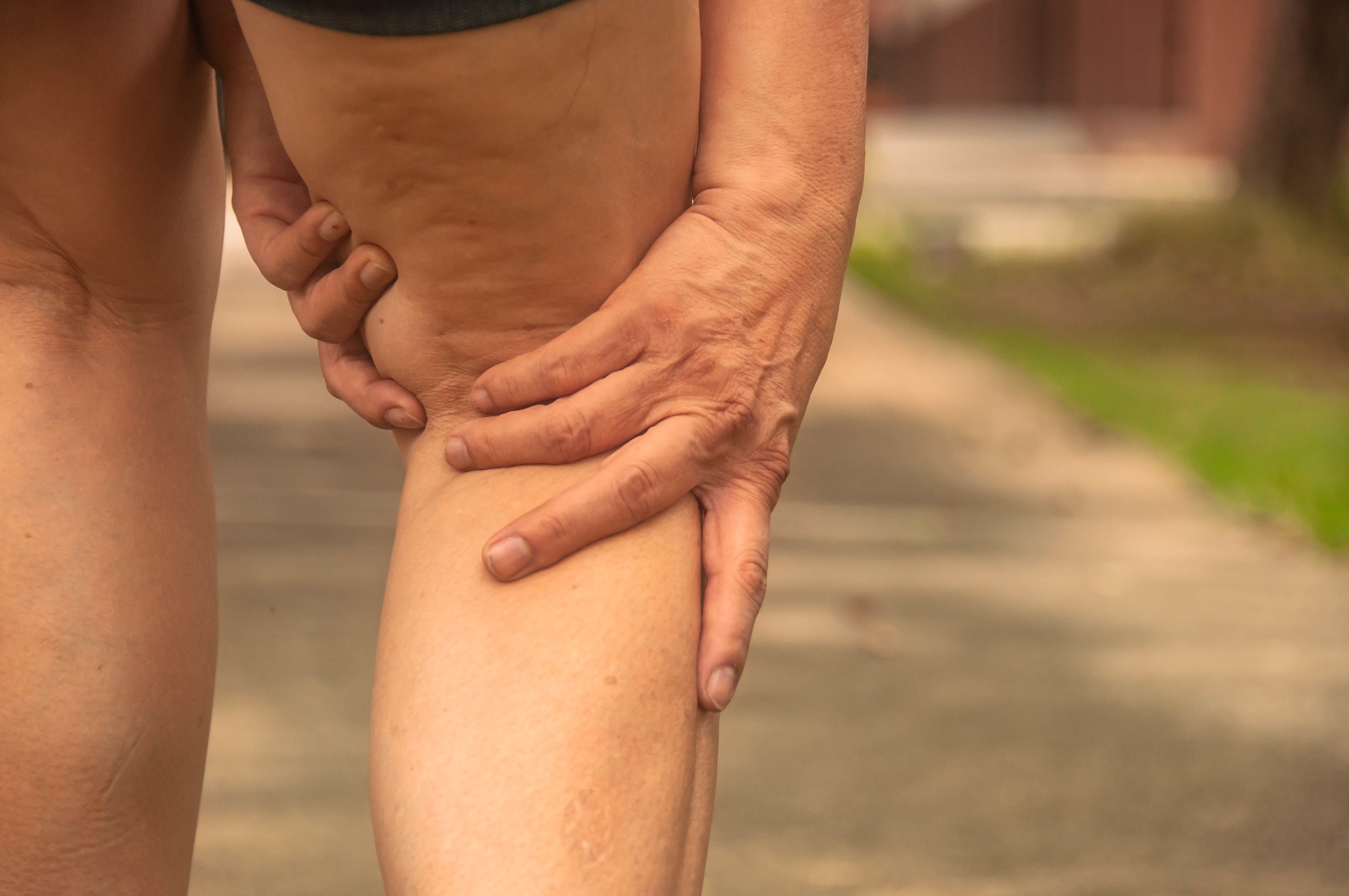Olokizumab May Offer New Option for RA Patients
ACR Annual Meeting: The anti-IL-6 agent olokizumab was safe and effective when added to methotrexate in patients with rheumatoid arthritis in a phase three randomized controlled trial, researchers reported on November 12 at the American College of Rheumatology annual meeting in Atlanta.
(©Sarin, AdobeStock_203027790)

The anti-IL-6 agent olokizumab was safe and effective when added to methotrexate in patients with rheumatoid arthritis in a phase three randomized controlled trial, researchers reported on November 12 at the American College of Rheumatology annual meeting in Atlanta.
Rheumatologists frequently add a TNF inhibitor to treatment when rheumatoid arthritis patients respond inadequately to a conventional disease-modifying anti-rheumatic drug (DMARD), usually methotrexate.
Olokizumab is an investigational IL-6 inhibitor currently under study and sponsored by R-Pharma and UCB.
Investigators enrolled 428 patients with moderate to severe rheumatoid arthritis despite methotrexate treatment in multiple centers in Russia, Belarus, and Bulgaria for the 24-week double-blind trial. They randomized the patients, who were mostly women and had a mean disease duration of about 7 to 8 years, to three groups: 64-mg olokizumab injection every 2 weeks (n=143) or every 4 weeks (n=142) or placebo injection (n=143). All patients continued methotrexate. Other baseline characteristics were comparable across groups.
The primary endpoint was American College of Rheumatology 20% (ACR20) response at week 12. Secondary endpoints were the percentage of patients with low disease activity, defined as Disease Activity Score 28-joint count – C-reactive protein (DAS28-CRP) <3.2 at week 12; improvement of physical ability from baseline to week 12 measured by the Health Assessment Questionnaire-Disability Index (HAQ-DI); ACR50 response at week 24; and the percentage of patients with Clinical Disease Activity Index (CDAI) remission at week 24.
More than 90% of patients in each group completed the study. Both olokizumab regimens performed significantly better than placebo for all primary and secondary endpoints.
Specifically, 91% and 100% of patients treated with olokizumab every 2 or 4 weeks, respectively, achieved ACR20 at week 12 versus 37% in the placebo group. At week 24, 61% (olokizumab every 2 weeks) and 69% (olokizumab every 4 weeks) experienced 50% improvement in ACR response versus 11% in the placebo group. CDAI remission at week 24 was 12% and 11%, respectively, in the groups who got olokizumab every 2 and 4 weeks versus 0% with placebo.
Safety was consistent with phase 2 olokizumab data and with that of similar agents. Investigators, who didn’t identify any efficacy or safety differences between the two olokizumab groups, concluded the biologic significantly improves signs, symptoms, and physical function in RA.
Mark C. Genovese, M.D., director of the rheumatology clinic at Stanford University Medical Center, presented the findings. The researchers will continue to follow patients in an ongoing open-label extension study.
REFERENCE
“L12 - Safety and Efficacy of Olokizumab in a Phase III Trial of Patients with Moderately to Severely Active Rheumatoid Arthritis Inadequately Controlled by Methotrexate – CREDO1 Study,” Mark C. Genovese, MD, 9 a.m., Nov 12. American College of Rheumatology 2019 annual meeting, Atlanta.
DISCLOSURE
Dr. Genovese reported disclosures related to UNITY.